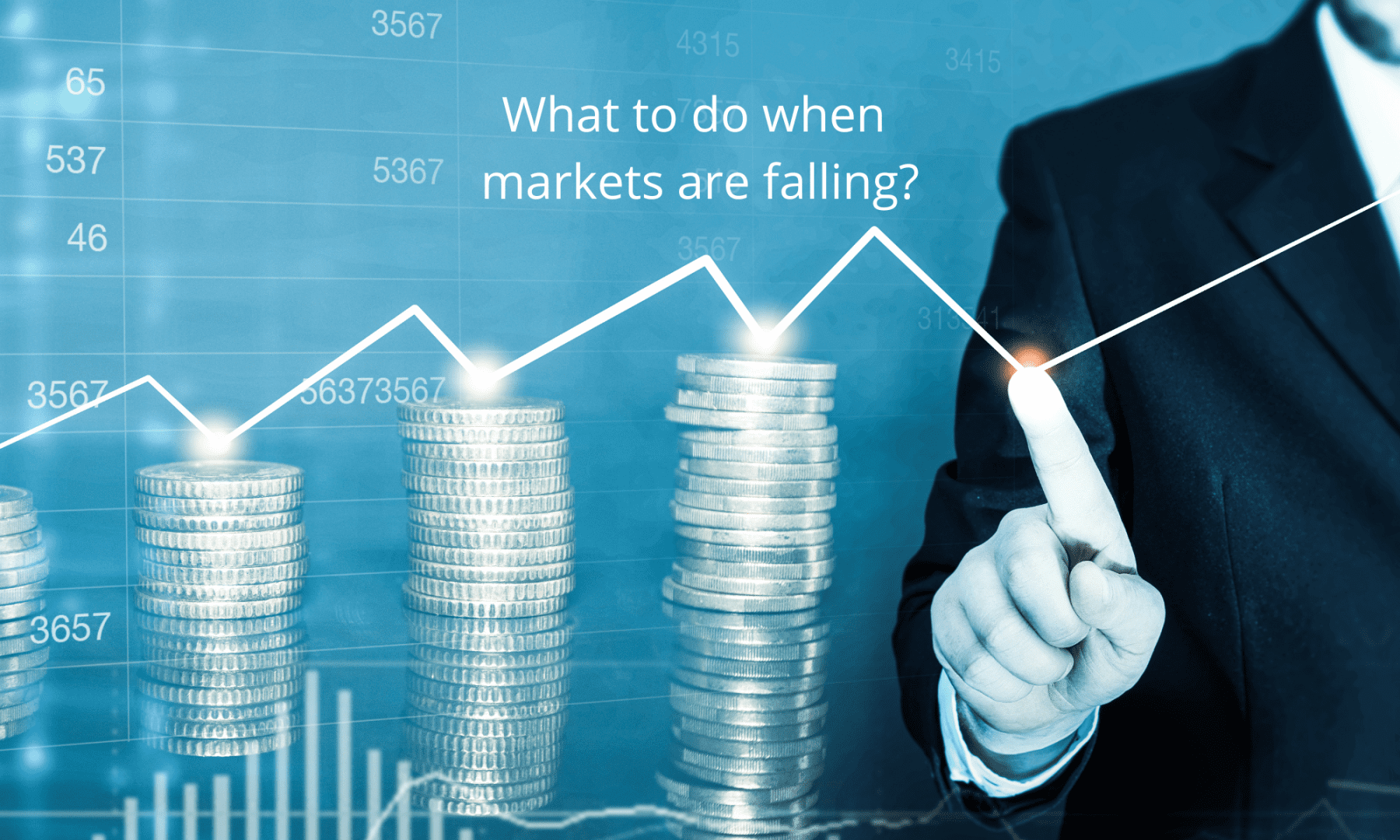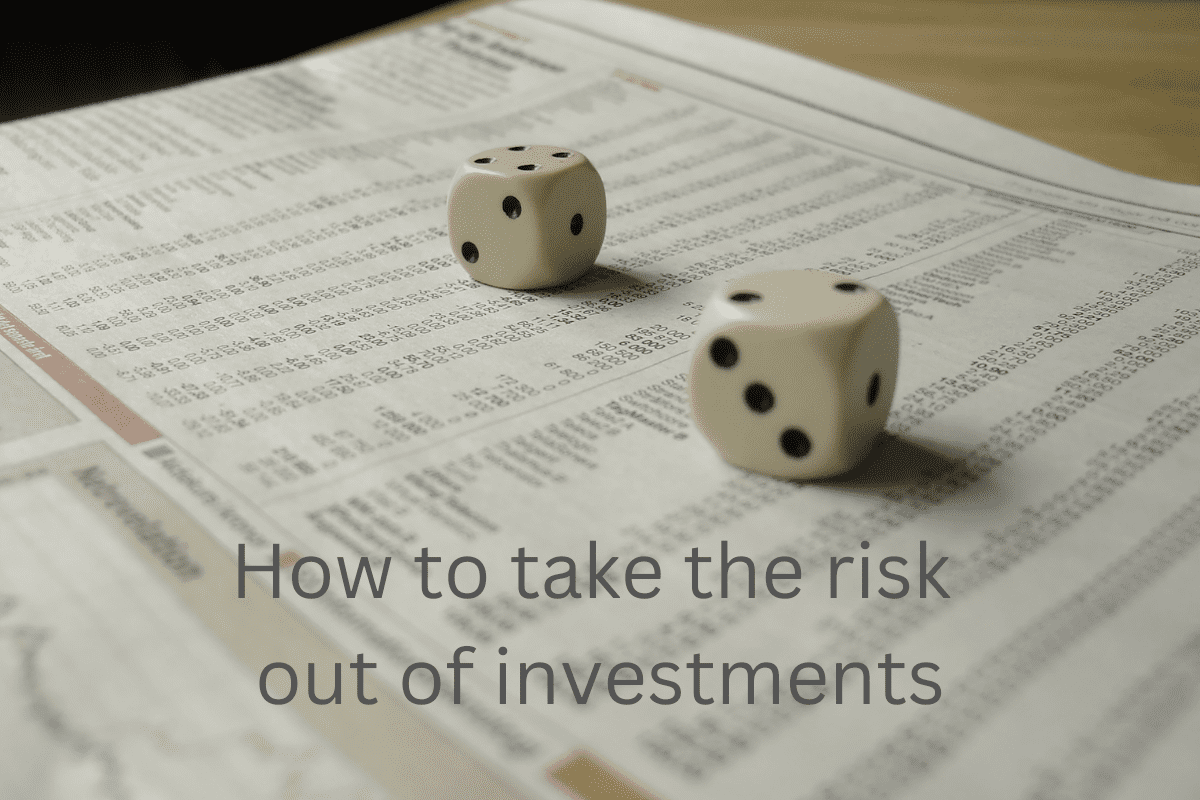We are undeniably in full swing after the Italian summer. Almost everything seems to be operating on a normal basis again, although ‘normal’ is always subjective depending on where you live in Italy. Roma doesn’t really qualify for normal, even on it’s best days!
Just how much people are getting back to normal again after Covid has amazed me. The memory of lockdown and ‘esercito’ trucks rolling out of Bergamo seems to have disappeared into the small corners of our minds. It might just be a self-protective mechanism, or maybe, like me, you are just happy to be able to go about your life in a relatively normal way again.
Normal for me is also talking to and seeing clients in person regularly, of which the latter has been somewhat missing for the last 18 months. I was reminded of this on a telephone conversation with a client the other day who said, ‘I haven’t seen you for a while Gareth’. It was said in such an innocent way, almost forgetting the last 18 months of various travel restrictions. A completely inoffensive remark and it made me realise that I haven’t seen many of my clients for quite some time now and that I really must get back on the road again. So that is my plan over the winter and coming months. I feel starved of client contact, something which I really cherish, and so I will be getting out there very soon.
Anyway, I don’t want to go on too much about my work plans as I have something much more interesting to write about…financial markets. Well, interesting for me at least!
As I am sure you are acutely aware there are millions of in-depth, factual and accurate analyses of the current global economy and the response of financial markets to Covid. I don’t wish to get into that (If you would like a recent world market roundup then just email me and I can send one through easily enough). What I do want to talk a little about is how we respond to financial market volatility (i.e. the rising and falling valuation of your portfolio) as the Covid recovery continues.



